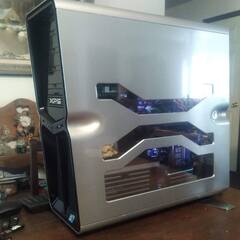Computer cooling off period
Players Habits of Computer Shutdown After Gaming
20 members have voted

This topic is now closed to further replies.
Share
Followers
3

















